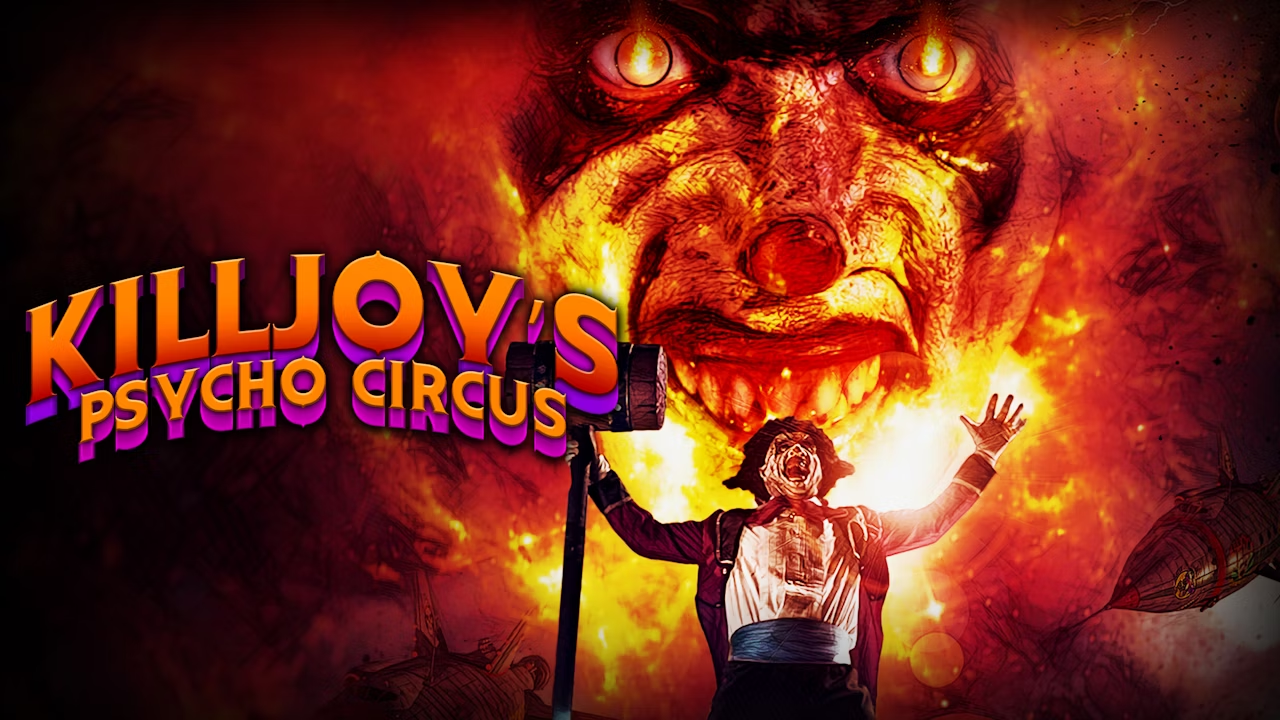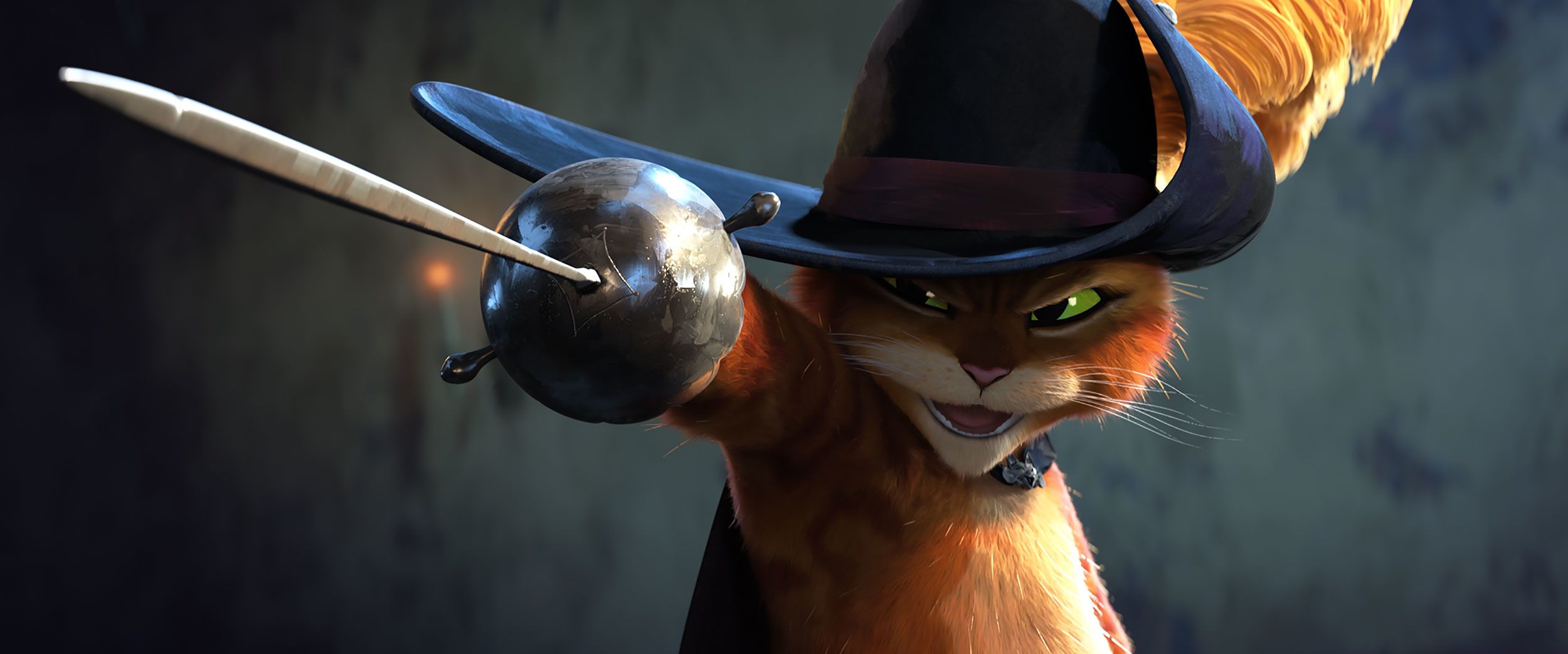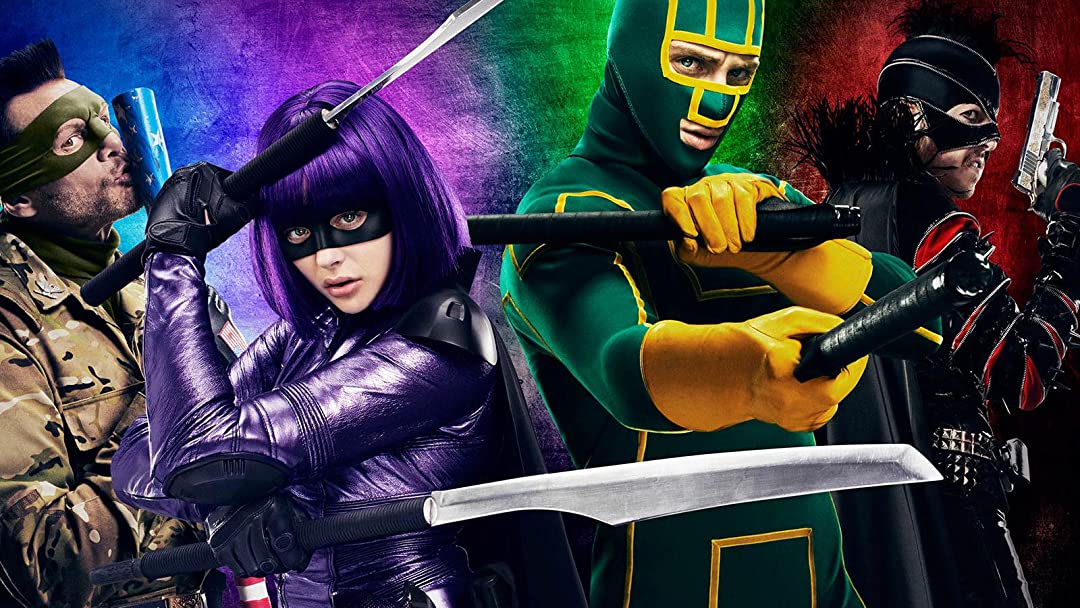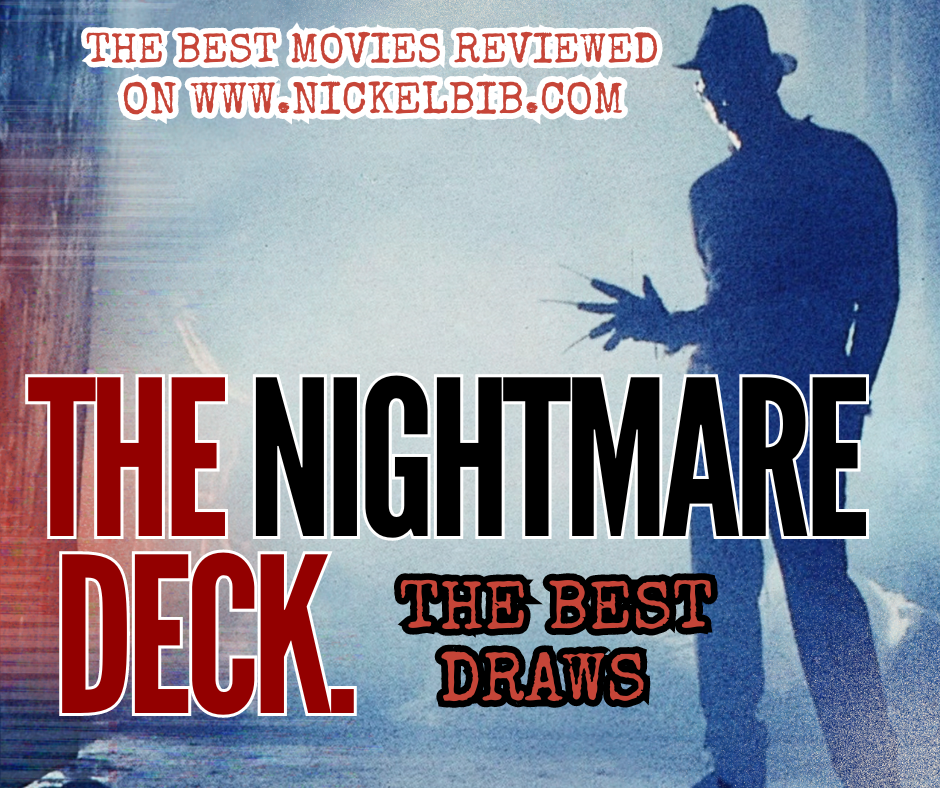Lately, I have been conflicted when writing about Charles Band or Full Moon Features’ brand. Whether it be “retweeting” homophobic slurs toward critics, as displayed toward Bloody Disgusting‘s John Squires (something they have since apologized for and claimed was done mistakenly by an employee), or the exploitative and awful film Corona Zombies that I wrote about earlier this year, Full Moon Features is not what it used to be. Either that, or it was never what I thought it was.
Obviously, the brand has never been high-class or necessarily tasteful, nor was that expectation ever what brought it notoriety, but as I have gotten older, the aspects I dislike about it have gradually begun to outweigh what I initially enjoyed. Every review I write feels negative about their latest features and like I am punching down on something I had once upon a time celebrated.
I am not saying this is the last Full Moon Features film review I will ever write, but it will be the last one for a while and I won’t be supporting them the way I once had (keep in mind, I own a large-stack of DVDs and contributed to every Kickstarter campaign they ever created). If I can, I would like to allocate the platform I have on Readers Digested to shine a bright light on indie filmmakers who are trying to blaze a trail for themselves in ways I think are worthy of acknowledgment. Sharing my thoughts on Blade: The Iron Cross felt like a poetic way to close it off – win, lose, or draw.
Directed by John Lechago (who was also at the helm for the better half of the Killjoy series) and written by Neal Marshall Stevens (otherwise known for Thirteen Ghosts and other series’ in the Full Moon catalog), the film titular character is Blade, the head-honcho and puppet of Full Moons’ flagship Puppet Master franchise. Like Weedjies and Necropolis: Legion before it, the film is an entry in the Deadly Ten series; an ambitious effort by Full Moon Features that saw them attempt a rapid-fire production slate of films, an effort offset some by the Covid-19 pandemic.
Basically, Blade: The Iron Cross is about a psychic war journalist named Elisa Ivanov who awakens the Blade puppet in-order to extract revenge against a murderous Nazi scientist named Dr. Hauser. Summaries you will find provided by Full Moon word the film as having ramifications for the Full Moon Universe, a name that Full Moon has attributed to their filmography in the post-Marvel Cinematic Universe world.
Obviously, Full Moon has never been too shy about crossing streams in their productions, but the influence is still nonetheless apparent. Furthermore, the Puppet Master series has sometimes been described as meant to be indulged as a comic-book series, panel-to-panel, with different timelines and continuities. Personally, I believe this is a convenient explanation for a plethora of continuity errors, but the mindset fits regardless. And, you know, it is an idea that fits Full Moon Features. Similar to Universal Monsters or Hammer Horror, the brand is usually very distinct and apparent with each of their films.
Blade: The Iron Cross does have a certain comic-book quality about it. Elisa works at a newspaper company with a cigar-smoking editor-in-chief who spouts off cliched phrases on occasion. The characters are all fairly cliched and over-dramatized. Considering it is an exploitative film about Nazi Germany and Holocaust, they likely went with the best tonal middle-ground for what they are seeking to accomplish. If you tried to make it Schindler’s List, it would actually feel more offensive given the absurdity of the subject-matter, whereas if you embraced the schlock, it would really come off as distasteful. Mind you, a film about the Holocaust where puppets are animated and weaponized is inherently distasteful, but at least this film shows a clear “good guy” / “bad guy” dynamic, that Nazis were bad and needed to be stopped.
The cinematography, including the lighting and the way things are shot, leaves a lot to be desired. The film is very budgeted, but it does not offer many techniques to disguise said shortcomings or do much to instill a sense of atmosphere. The music is thematic and overbearing, which is per usual for a Full Moon Feature film. Generally, I don’t dislike that, in-fact, the scores of Richard Bands are among my favorite aspects of Full Moon Features altogether. I don’t strongly dislike it here either, however, I can’t help but think it could have been complimented by a more immersive visual component.
The special-effects are about as off-putting as what you would expect if you have followed the company’s recent lineup of productions. Sometimes, however, they can feel particularly egregious, especially in certain instances. Sometimes you will see makeup or a visual that looks competent enough, whereas other times you will see something that looks like an easier visual to do, and yet, looks a lot worse. The only explanation I can find for this is a shoestring budget and that they were cutting corners wherever they could. This is paradoxical, however, because, at the same time, the company feels it is in a position to make ten films in a year with the Deadly Ten, so it feels more like they are stretching resources too thinly. In the end, they still pay for it, but in a different way.
The story is simple and unsophisticated, which is a criticism, but a benefit for the film as well. Even though the Puppet Master series is by far the definitive series for the company, I have never really enjoyed them. It was always Head of the Family and films like Re-Animator (though, technically not Full Moon, but Empire) that interested me. The fact this film is less convoluted compared to the previous Axis Trilogy actually makes it a modest series uptick in my opinion. That said, it is humdrum and difficult to become invested in, rundown by archetypal characters and hackneyed plot developments. Simply put, it all feels played out.
Personally, what I think hurts the Puppet Master series the most as of late, especially with the Axis Trilogy is that it has become too complicated and is overburdened by unnecessary subplots and established lineages. This is a series that feels too heavily engrossed in its own lore of the Nazis and the Puppets and their relationship with them, and although we continue to see sequels regularly released, it does not feel like anything ever moves forward.
I know what I would recommend for the Puppet Master series moving forward, but I know it may not necessarily be the most groundbreaking of ideas. Personally, while my favorite film is Puppet Master 3 and I enjoyed the Andre Toulon character as displayed in that narrative most of all, the Puppet Master series, I don’t think, has the muscles to carry anything too weighty.
I would rather see a straightforward slasher film of the Puppets running roughshod against a likable cast of characters in the modern day, pulled on by the strings of a mysterious foe, akin almost to the original film. Something you can pop in without being initiated in a complicated and messy overarching narrative That would be fun. This, however, in my opinion, was not.





